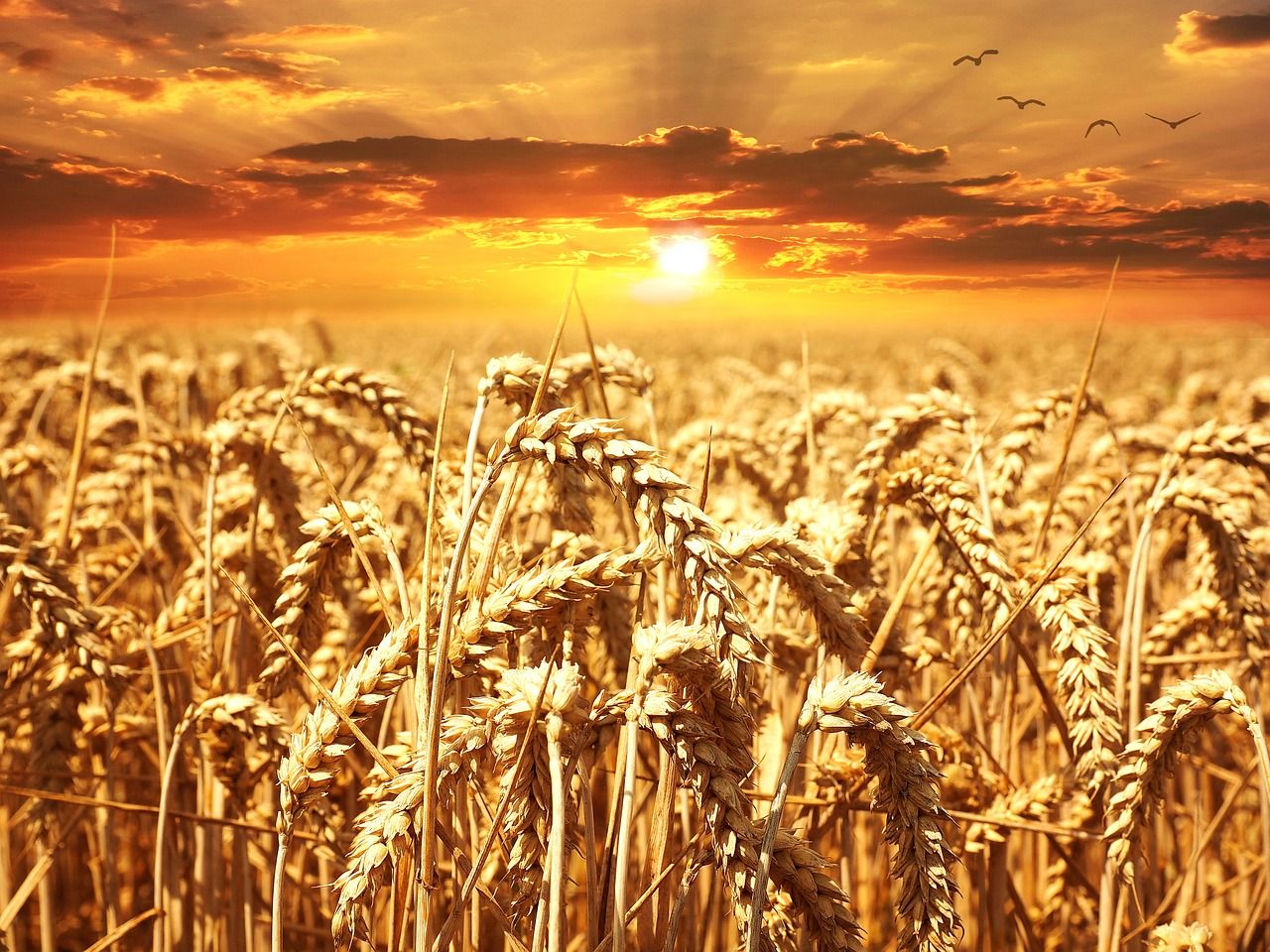Media Release
From: Springer NatureEnvironment: Impacts of switching to organic farming on emissions assessed
An assessment of changes to greenhouse gas emissions if England and Wales shifted completely to organic food production is presented in Nature Communications. The study suggests that emissions would be reduced as a result of organic farming, but when increased land use abroad is factored in to compensate for decreased domestic production, net emissions would rise.
Guy Kirk and colleagues assessed the consequences for net greenhouse gas emissions of a 100% shift to organic food production in England and Wales using life cycle assessments. The authors found that compared with conventional farming, organic production would lead to a reduction in emissions of 20% for crops and 4% for livestock. However, they predict that a complete shift to organic farming could produce shortfalls in production of most agricultural products of the order of 40%. They estimate that the area of overseas land needed to make up for the shortfalls is nearly five times that currently used for food for England and Wales. Based on their analyses, the authors suggest that this could lead to a net increase in emissions of 1.7 times current levels.
Given the contribution livestock farming makes to greenhouse gas emissions, the authors argue that reducing meat consumption could play an important role, and release land for crops for human consumption and carbon storage. However, it is unlikely that there exists any single approach to achieve environmentally sustainable food production, they conclude.


